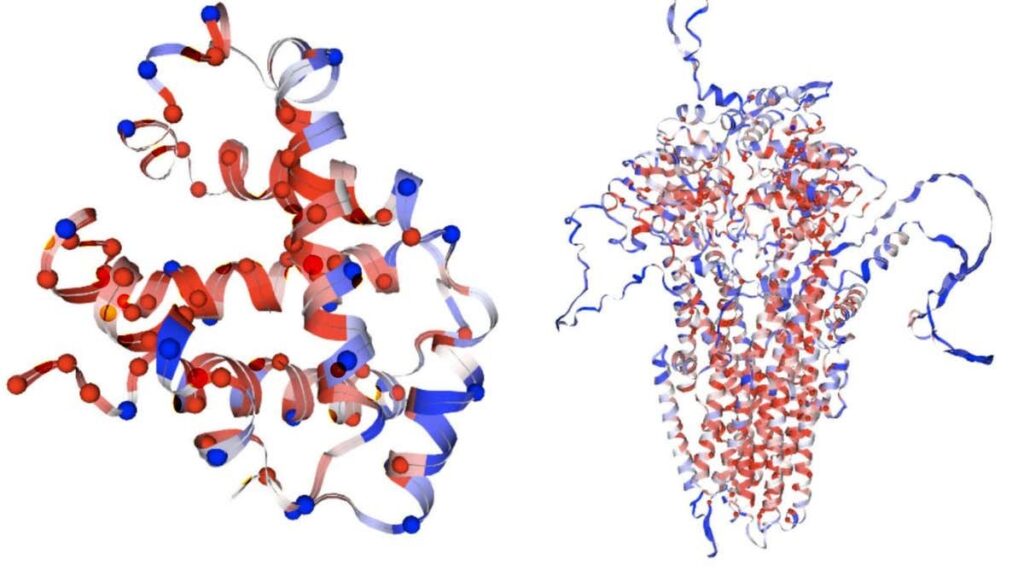DeepMind, Google’s AI subsidiary, has harnessed artificial intelligence to detect alterations in human DNA that could potentially lead to diseases. This breakthrough is believed to encompass 89% of key mutations and promises to expedite diagnoses and enhance the quest for improved treatments.
The method functions by scrutinising the sequence of components within human DNA strands. DNA, the blueprint of all living organisms, consists of four chemical building blocks: adenine (A), cytosine (C), guanine (G), and thymine (T). During human embryonic development, these letters’ order is read to construct proteins, which constitute the foundational elements of cells and tissues throughout the body.
However, if these letters are out of order, possibly due to an inherited disorder, the body’s cells and tissues don’t develop properly, potentially leading to diseases. Google DeepMind’s new system, named AlphaMissense, evaluates whether the DNA letters will produce the correct protein shape. If not, it’s flagged as potentially disease-causing.
Presently, genetic disease investigators have relatively limited knowledge of which segments of human DNA may result in diseases. They’ve classified only 0.1% of letter alterations or mutations as either benign or disease-causing. However, with the AlphaMissense model, DeepMind has raised this percentage significantly to 89%.
Previously, researchers had to search through billions of chemical building blocks comprising DNA to identify potentially disease-causing regions. AlphaMissense simplifies this process by highlighting new areas that may be disease-related.
This transformative tool has undergone testing by Genomics England in partnership with the NHS and is expected to be a valuable asset for the health service.
Dr. Ellen Thomas, Deputy Chief Medical Officer at Genomics England, stated that this new tool brings a fresh perspective to genetic data, aiding clinical scientists in making sense of it for the benefit of patients and healthcare teams.
Professor Ewan Birney, Deputy Director General of the European Molecular Biology Laboratory, predicts that AI will play a pivotal role in molecular biology and life sciences, revolutionising many aspects of research in these fields.











More Stories
A dinosaur skeleton sets a new auction record, selling for $44.6 million
Boeing and NASA push back Starliner astronaut return to June 22, doubling mission length for spacecraft testing.
China is preparing to launch three astronauts to space station